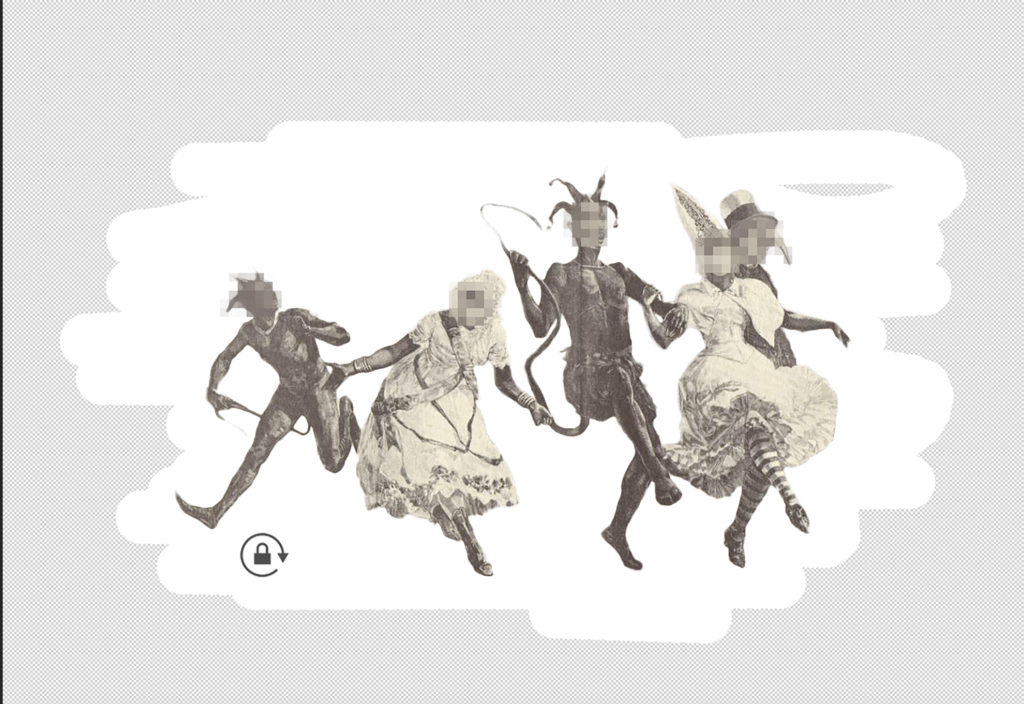I Never Went

I Never Went
The death of anonymity. A carnival turned a mourning
Nora Silva & Cristina Vasilescu
15.8. – 15.10.2018
The human’s most primal impulse and the one that has shaped our species is our anxiety to foresee. Humans turned into farmers a few thousand years ago not because they would be best nourished[1], but because they could anticipate their dinner. This hunger to know has reached a peak: we now know everything. And not because we are constantly interrogated but actually because we update our data on a daily basis. As Foucault suggested[2], the most efficient manipulation is the one in which individuals learn to discipline themselves.
As we cruise through voluntary algorithmic governance, we acknowledge that privacy is then a thing of the past. It has ceased to be a choice but a lost cause, somehow nostalgic. In a similar way to the loss of the exotic, we have now been deprived of privacy. Covered in data like a suffocating duvet, I propose a carnival. The carnival as the festivity in which the loss of identity is celebrated, a commemoration where everyone is famous and no one is.
Carnival is a reversal ritual, in which social roles are reversed and norms about desired behavior are suspended. Hierarchies are flattened and identity is blurred. However, how do we effectively blur identity under global surveillance? What might this look like? How may we manufacture a new tradition? Can we install a tradition?
I Never Went investigates these possibilities and attempts to construct a carnival with the collaboration of local professionals – choreographers, chefs, seamstresses, etc -. A series of events will unfold throughout and our first confirmed contributor is artist/curator Nilz Källgren.
More to follow!
[1] In fact a farmer’s diet was significantly poorer in nutrients and consequently much less healthy than that of a gatherer/hunter.
[2] In his book Discipline and Punish Foucault argues that the ultimate tool for control is making the subject believe in discipline as if it was his/her own decision.
Project co-funded by

The project does not necessarily represent the position of the Administration of the National Cultural Fund. AFCN is not to be held responsible for the content of the project, nor for the ways in which the results of the project might be used. Those are entirely the responsibility of the beneficiary of the grant.
The project is made possible with the additional support of InJuve

